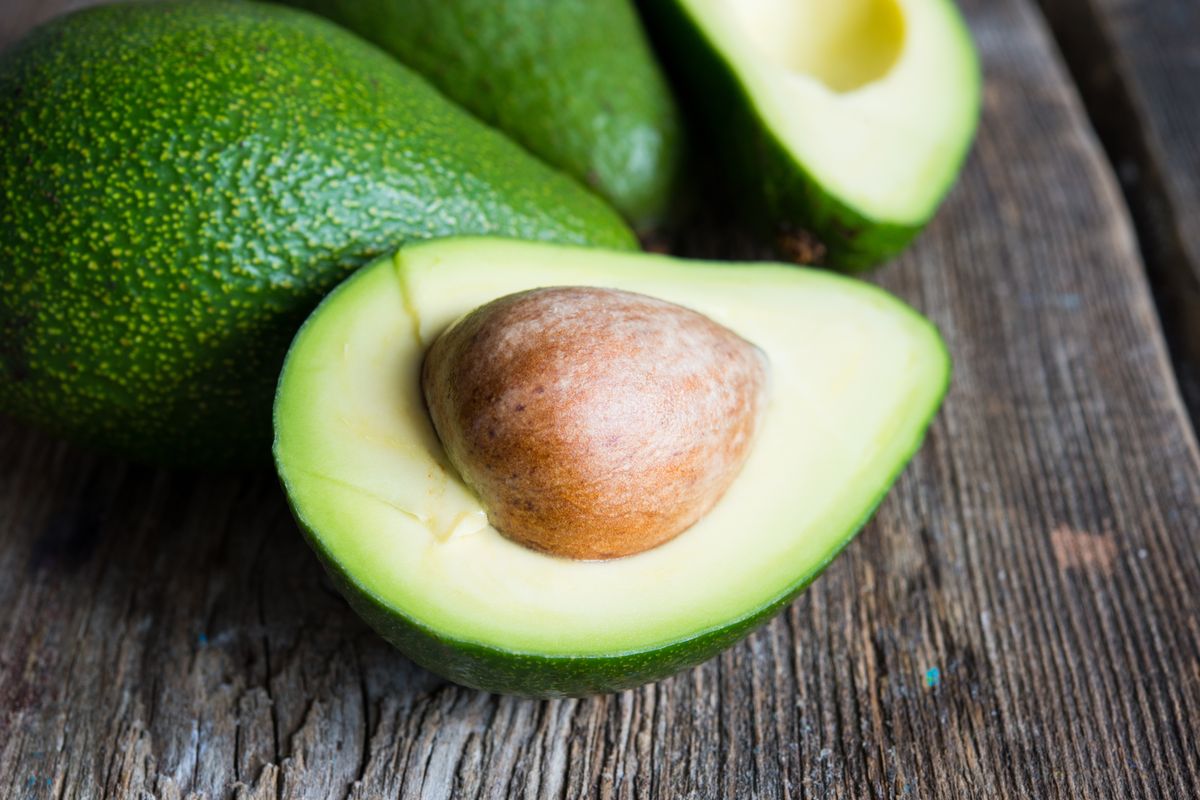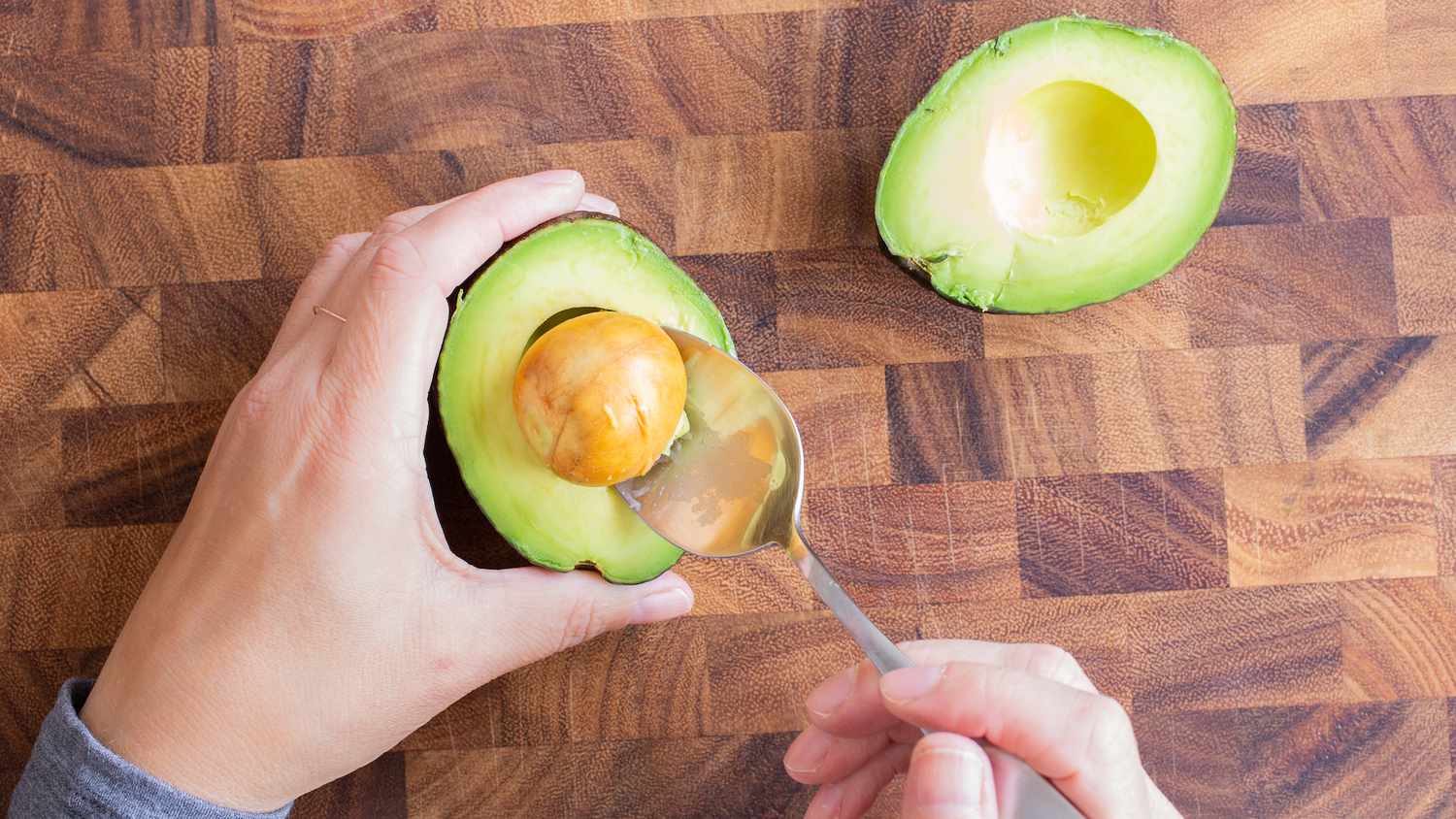How to Enjoy Bitter Fruit: Tips and Tricks
Many people tend to shy away from bitter fruits due to their strong taste. However, with the right techniques and recipes, you can learn to appreciate and even enjoy these fruits. Bitter fruits are not only unique and flavorful, but they also offer a range of health benefits. Here are some tips on how to eat bitter fruit and make the most of their distinct taste.
Understanding Bitterness
Before diving into the ways to eat bitter fruit, it’s important to understand the nature of bitterness. Bitterness is one of the five basic tastes, and it can be found in various fruits and vegetables. Bitterness is often associated with antioxidants and other beneficial compounds that can support overall health.
Choose the Right Fruit
When it comes to eating bitter fruit, it’s essential to choose the right ones. Some popular bitter fruits include:
- Grapefruit
- Bitter melon
- Cherimoya
- Pomelo
- Seville oranges
These fruits can be found in many grocery stores and specialty markets, especially during their peak seasons.
Pair Bitter Fruit with Sweet or Savory Flavors
One effective way to enjoy bitter fruit is by pairing it with sweet or savory flavors. The contrast between bitter and sweet or savory can help balance out the taste and make it more palatable. For example, you can try:
- Slicing grapefruit and drizzling honey over it
- Adding bitter melon to a flavorful stir-fry
- Creating a tangy salad with pomelo and a sweet vinaigrette
Experimenting with different flavor combinations can help you find the perfect way to enjoy bitter fruit.
Try Cooking Bitter Fruit
Cooking bitter fruit can help mellow out its strong taste and make it more enjoyable. Bitter fruits can be incorporated into various dishes, such as:
- Bitter melon stir-fry
- Grapefruit and avocado salad
- Bitter orange marmalade
By cooking bitter fruit, you can explore new culinary possibilities and discover unique flavors.
Blend Bitter Fruit into Smoothies
If you’re still unsure about eating bitter fruit on its own, consider blending it into a smoothie. Combining bitter fruit with sweeter fruits like bananas, berries, or mango can help mask the bitterness while still allowing you to benefit from its nutrients.
Embrace the Health Benefits
Despite their strong taste, bitter fruits offer a wide range of health benefits. They are rich in vitamins, minerals, and antioxidants that can support digestion, immunity, and overall well-being. By incorporating bitter fruits into your diet, you can take advantage of their nutritional value.
With these tips and tricks, you can learn to appreciate and enjoy the unique taste of bitter fruit. Whether you choose to eat them raw, cooked, or blended, there are plenty of ways to incorporate bitter fruits into your diet and experience their distinct flavors and health benefits.
Exploring Further: Recipes and More Ways to Use This Guide
For those who have mastered the art of eating bitter fruit, integrating this acquired taste into various recipes can be both exciting and rewarding. Try the Bitter Melon Curry with Coconut Milk for a rich and flavorful experience; its combination of exotic spices and creamy coconut balances the bitterness beautifully. The Grapefruit, Beet, and Arugula Salad is perfect for a fresh, zesty starter, with the grapefruit cutting through the earthy sweetness of the beets. If you're in the mood for something sweet, the Seville Orange and Dark Chocolate Biscotti make a delightful treat, where the sharpness of the Seville oranges contrasts wonderfully with the rich dark chocolate. Each recipe offers a unique way to enjoy the complex flavors of bitter fruits, enhancing your culinary repertoire.











